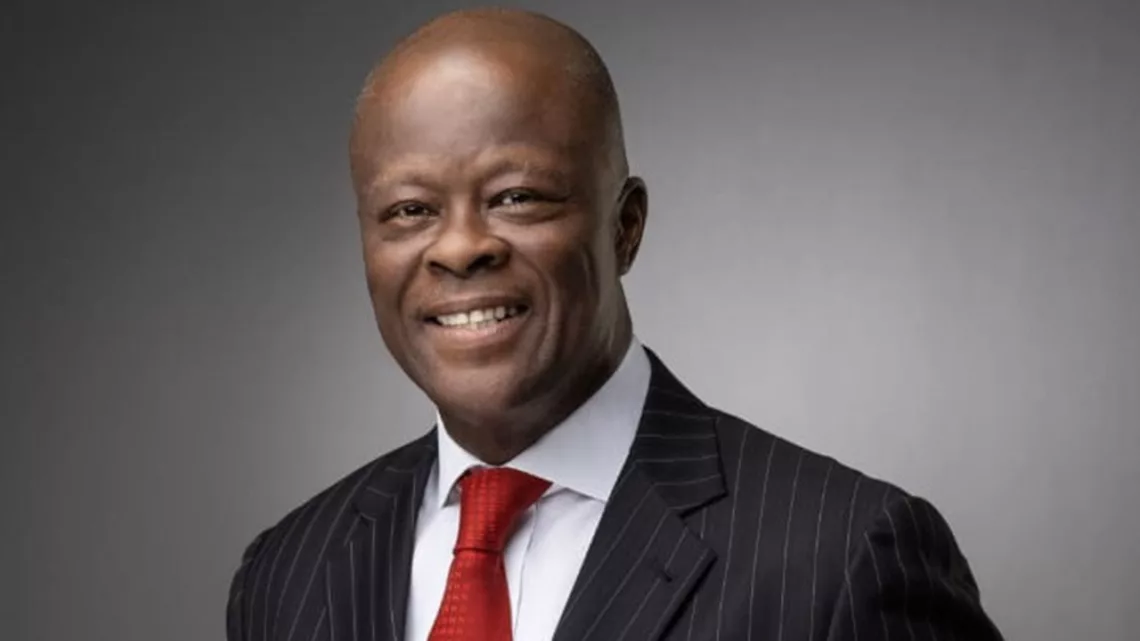In a recent interview with Channels TV, Finance Minister and Coordinating Minister of the Economy, Wale Edun, revealed a startling statistic: only approximately 5% of Nigerians have more than N500,000 in their bank accounts.
This disclosure sheds light on the stark economic disparities prevalent in the country.
Edun emphasized that the federal government’s ongoing reforms aim to rectify these imbalances, which have disproportionately favored a small elite group over the majority of citizens for the past eight years.
The objective of these microeconomic reforms, according to Edun, is to redirect government revenue into the treasury and address economic inequalities.
Highlighting the previous liquidity buildup in the economy, Edun noted that the benefits were mostly concentrated in the hands of a privileged few, leaving the vast majority marginalized. He underscored the corrective measures initiated by President Tinubu’s administration to ensure a more equitable distribution of wealth and resources.
President Tinubu’s efforts to alleviate poverty and mitigate the impact of high living costs include a comprehensive palliative package ranging from N25,000 to N15 million for households over the next three months. Additionally, grants will be provided to artisans, traders, and small business owners to bolster their enterprises and livelihoods.
Edun emphasized that intervention programs and payment systems have undergone significant revamping to ensure funds reach targeted beneficiaries securely and efficiently. With rising food prices and limited purchasing power among the populace, these initiatives aim to provide direct financial support to millions of households, totaling up to 75 million individuals.
Meanwhile, Nigeria grapples with soaring inflation rates, with core inflation at 29.9 per cent and food inflation at 35.41 per cent. President Tinubu’s administration has opted to release 42,000 metric tonnes of grains to stabilize food prices, eschewing food importation measures.
These reforms and intervention programs underscore the government’s commitment to addressing economic disparities and improving the living standards of Nigerians across various socio-economic strata.





